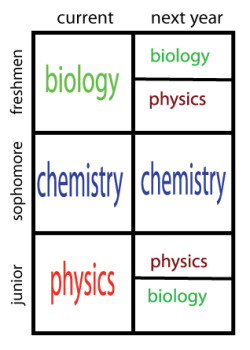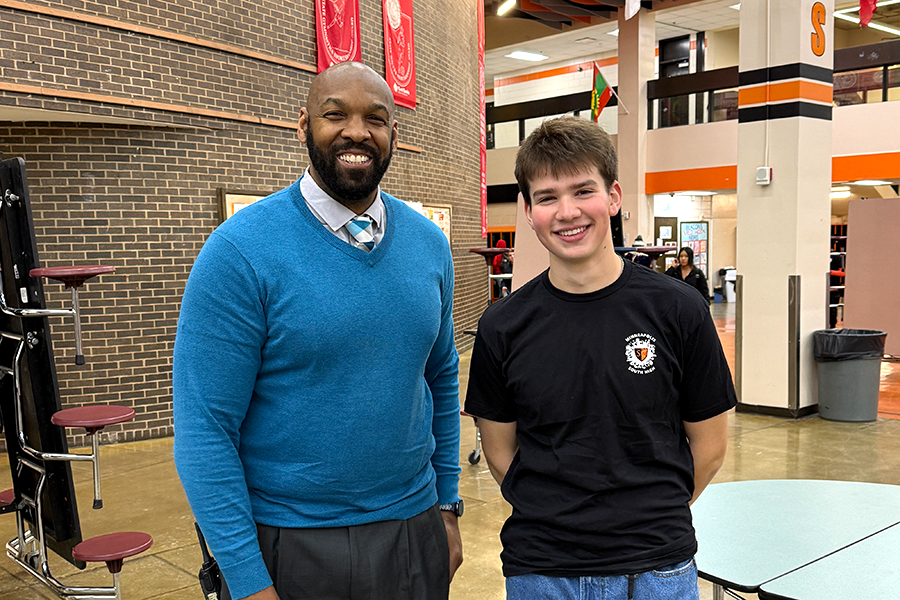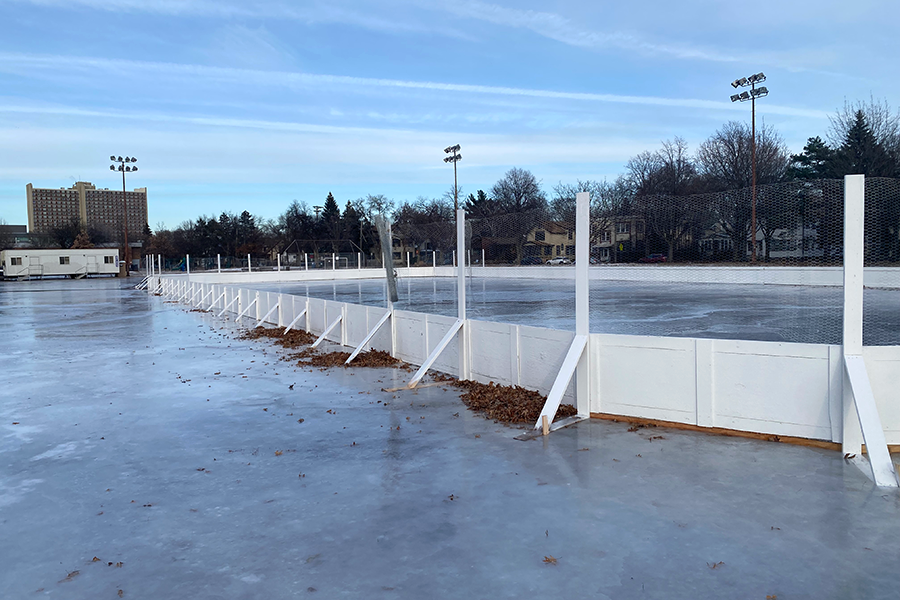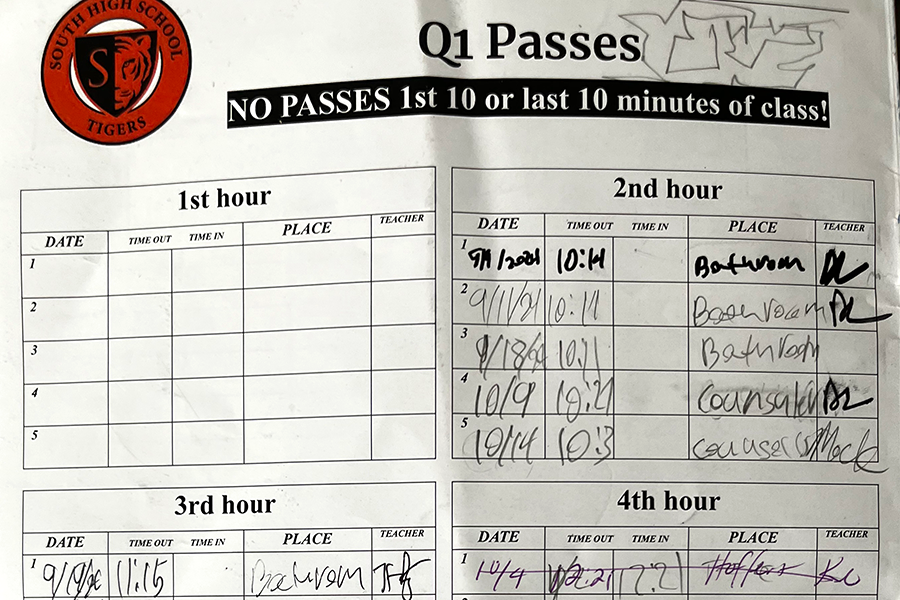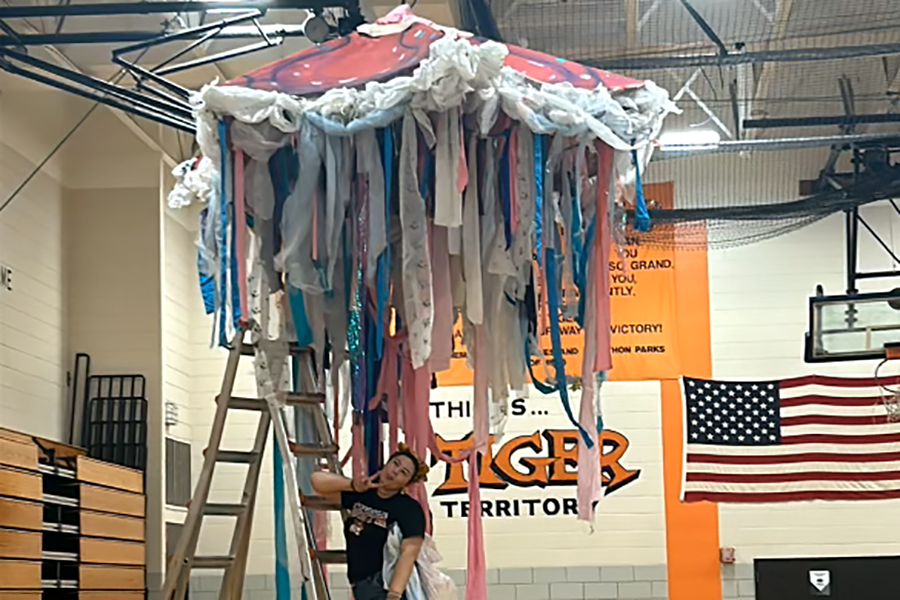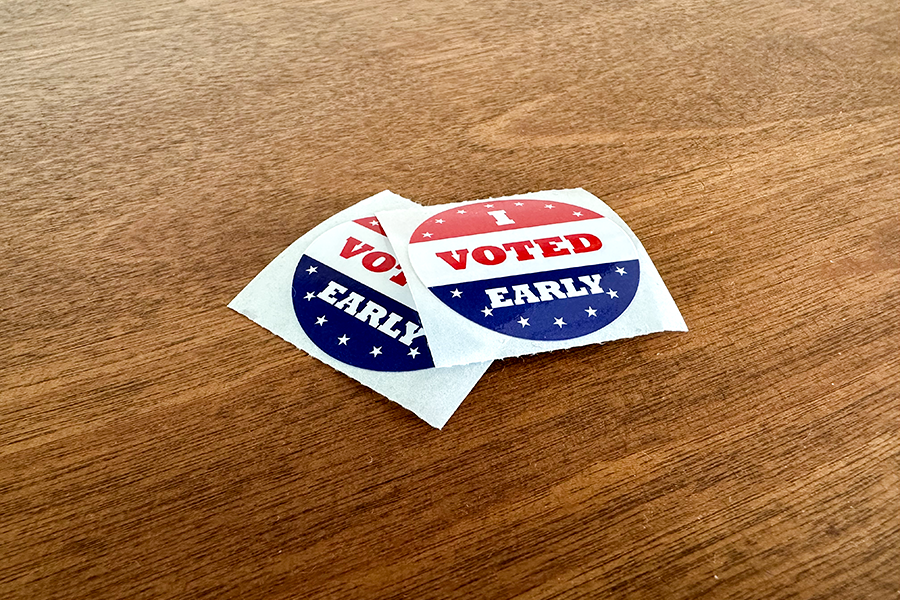A new district-wide science curriculum is on the rise for next year and will effect next year’s freshmen.
After the change, freshmen and juniors will both take a semester of biology and a semester of physics, and sophomores will take a year of chemistry. Right now, freshmen take a year of Biology, sophomores take a year of Chemistry and juniors take a year of Physics. A small group of freshmen do still take earth science, although the majority take biology.
As of next year, the biology standardized test will be taken in the spring of the incoming freshmens’ junior year. The current standardized test as is taken on the computer after the completion of a freshman biology class. The test is based on 20-30% of history and nature in science and the other percent is based on biology concepts.
With this new change many teachers have concerns. Physics teacher Meg Hoyt is worried that teachers won’t put enough effort into their new curriculum. “Its important to not just teach to a standardized test,” she said. Instead, teachers should make sure they, “put a lot of thought and development into what they’re doing.”
Although, the district says the change is due to the new Biology test, Biology teacher Melinda Bennet believes that it was influenced by the example of Minnetonka High School, which has the highest standardized science test scores in the state. They have their students take Physics freshman year, Chemistry sophomore year, and Biology junior year.
Both Bennet and earth and physical science teacher Michelle Spangler think it will be bad for incoming freshmen to have to change classes halfway through their first year of high school. For freshmen especially “it takes a long time to get used to a teacher’s style,” said Spangler. “…It will be splitting the relationship up with kids.”
According to Hoyt, education is really political and government officials hold teachers accountable for what is taught in their classes. “There is a lot of scrutiny about what goes on in classes. Since it’s a public school paid for by government money there is accountability, which is good.” Ms. Hoyt said.“ The new curriculum “could work really well if teachers decide to meet kids where they’re at and not just teach to a medium.”
Another problem with the new curriculum is that there are “not enough physics teachers and too many biology ones,” said Bennet. This means that they will have to either have biology teachers start teaching physics or they’ll have to lay off some teachers just to hire them again in two years when students are in their junior year and taking biology again.
Now with the new curriculum students won’t be taking the biology standardized test until the spring of their junior year, after they’ve taken Biology, Chemistry and Physics.
Bennet has a different approach to the science curriculum. She believes “students should take Physics as freshmen, Chemistry as sophomores and Biology as juniors.” Biology concepts such as electrons, glucose, and photosynthesis make more sense after taking chemistry, she said. However, she said that incoming freshman don’t have the math skills to do well in a math-based physics class, and some Physics teachers don’t want to teach non-math based physics.
Also, Bennet thinks that juniors will be more mature with their test taking. She sometimes sees freshman not putting enough care into the online biology test. “I have had students just click enter, and then they’re done.”

